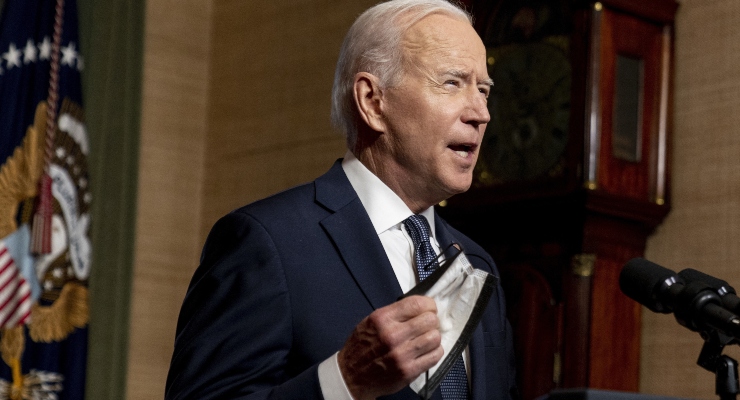With troops set to depart on September 11, the next five months are critical for any chance of peace.
US President Joe Biden’s decision to withdraw all American troops from Afghanistan by September 11 shouldn’t come as a surprise. Since he took office in January, Biden has telegraphed his intention to leave Afghanistan sooner rather than later, formally bringing an end to the 20-year war. In a Tuesday briefing, the administration indicated its plans to end military operations while keeping a focus on the ongoing Afghan peace process.
In reality, the new withdrawal plan complicates US efforts to broker peace between the Afghan government and the Taliban. But if there is any chance of peace in Afghanistan, the five months before the completion of the withdrawal will be critical. Peace prospects will hinge on how the Taliban react to two key dates: May 1, the previously agreed deadline for US withdrawal, and September 11, or whenever the last US soldier has departed.
Biden’s withdrawal decision should, in theory, advance the peace process: an agreement between Washington and the Taliban reached in Doha in 2020 called for all US troops to leave Afghanistan and ended Taliban attacks on US forces. But the Doha accord stipulated that US troops leave by May 1, and the Taliban have repeated that all US soldiers still must be out by that date. Moreover, the Taliban will enjoy a battlefield advantage when the withdrawal is complete that gives the group little incentive to remain committed to peace talks.
Want to read more about US troops withdrawing from Afghanistan?
Register your email address to get FREE access on a 21-day trial.








